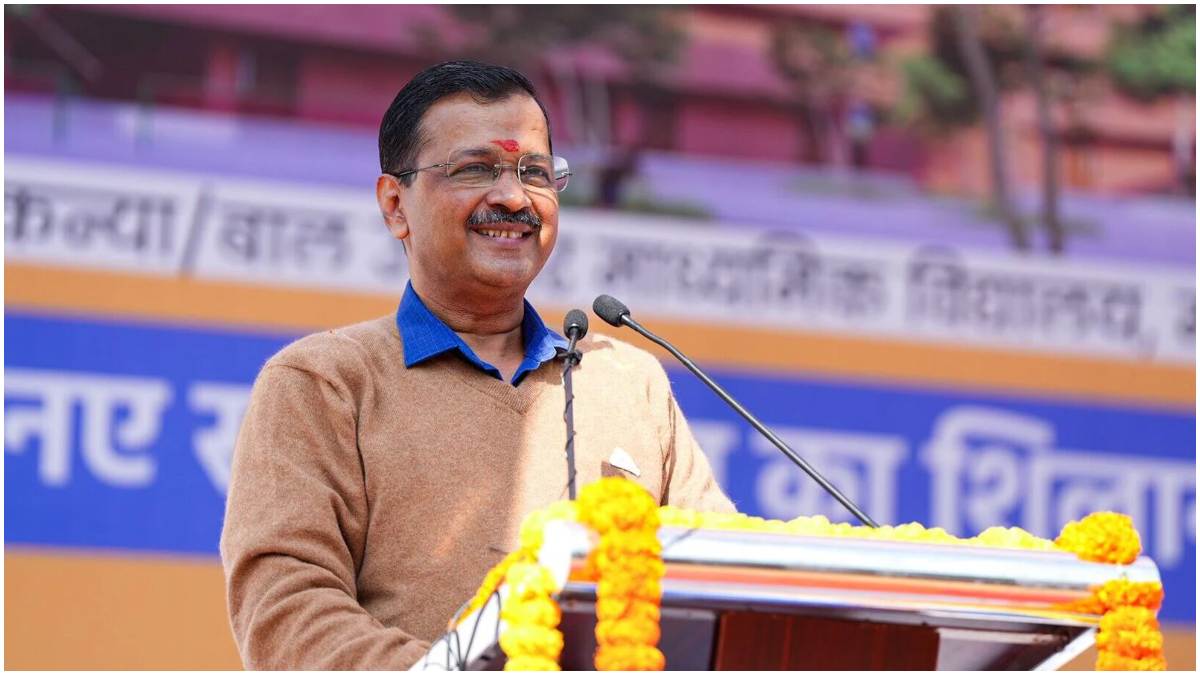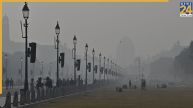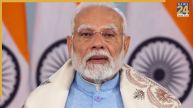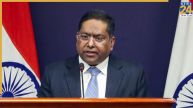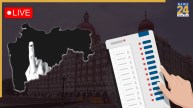The Supreme Court has granted bail to Delhi Chief Minister Arvind Kejriwal in the excise policy case. Pronouncing the order, Justices Surya Kant and Ujjal Bhuyan observed that Kejriwal had fulfilled the triple requirement for granting him bail. The apex court has ordered the release of Kejriwal on furnishing bail bonds of Rs 10 lakh.
Kejriwal’s release comes almost six months after his initial arrest by the Enforcement Directorate. He was granted bail two months ago in a related case. In that way, he became the fifth opposition leader released in connection with the excise policy case.
Kejriwal’s Arrest And Legal Battles
ED arrested Kejriwal on March 18, 2024, in connection with the Delhi liquor policy case. This was after the Delhi High Court refused to grant him protection against arrest. Kejriwal had been summoned nine times by ED from October 2023 to March 2024; he refused all of them.
This was the third high-profile arrest of a leader from AAP in connection with the excise policy case. Kejriwal’s arrest was viewed as a big jolt for AAP, as the previous detentions of top brass included former Deputy Chief Minister Manish Sisodia.
Supreme Court Observations And Bail Conditions
The Supreme Court, while passing the order for his bail, said Kejriwal has satisfied the triple test for bail, and the three tests are that he would not flee, tamper with evidence, or influence the witnesses. Hence, the court granted bail by setting a bail bond of Rs 10 lakhs and ordered immediate release pending compliance with the condition.
The Supreme Court had already granted interim bail to Kejriwal, but his imprisonment in Tihar Jail continued as separate charges were pressed by the CBI. The court passed the order just two days after it reserved its verdict in the case on September 5.
What is Delhi Excise Policy Case?
A new excise policy was brought in by the Delhi government in November 2021 aimed at modernizing the sale of alcohol in the city. While the policy was hailed as progressive when it was first implemented, it has since found itself in the air of a political row. In July 2022, Delhi Chief Secretary Naresh Kumar wrote to Lieutenant Governor Vinai Kumar Saxena about the violation of the policy. The Lieutenant Governor recommended a CBI probe because the policy had caused a loss of more than Rs 580 crore to the government.
In the process, investigations were launched by the Enforcement Directorate and CBI for allegedly ‘Searching loopholes in the policy’ to favor liquor businesses. ED charged AAP leaders, Kejriwal included, with receiving kickbacks from the liquor sellers in exchange for favorable terms, such as discounts and license fee waivers during the COVID-19 pandemic.
Charges Against Kejriwal And Other AAP Leaders
The ED further alleged that Kejriwal was directly involved in meeting the persons concerned with the excise policy matter and motivated them to collude with other accused in the case. The probing agency further claimed kickbacks from the policy were being utilized for financing election campaigns in Punjab and Goa, noting a six percent commission of the total liquor sales used to be credited to the AAP leaders.
The ED had submitted before the court in March 2024 that more than Rs 292 crore had accrued as dishonest in the case related to the excise policy. BRS leader K Kavitha was also accused of paying Rs 100 crore as a kickback to AAP leaders for the benefits accrued from the policy.
Kejriwal’s Response To The Accusations
The Chief Minister of Delhi, Arvind Kejriwal, has denied all charges, saying that the investigation is politically motivated by the ruling Bharatiya Janata Party. Senior advocate Abhishek Manu Singhvi, appearing for Kejriwal, argued that the ED was attempting to harass Kejriwal and other opposition leaders through such unilateral actions. Singhvi also assailed the repeated summonses as being vague and violative of Kejriwal’s fundamental rights.
Singhvi further said that the ED need not have taken such steps because of how the timing of the summonses fell right upon the announcement of general elections. “The ED has been calling since last year, could they not wait for two more months?” he asked.
---Advertisement---
India
What Is Delhi Excise Policy Case? Allegations, Arrests, And Arvind Kejriwal’s Bail Explained
The Supreme Court had previously granted interim bail to Kejriwal but his imprisonment continued due to separate charges filed by the CBI.
---Advertisement---
---Advertisement---
First published on: Sep 13, 2024 11:47 AM IST
Get Breaking News First and Latest Updates from India and around the world on News24. Follow News24 on Facebook, Twitter.
Related Story
Live News
---Advertisement---
live
Maharashtra Local Body Election Results 2025 LIVE: BJP-led Mahayuti sweeps local body polls, PM Modi lauds BJP and Mahayuti victory, Fadnavis hails historic mandate
Dec 21, 2025
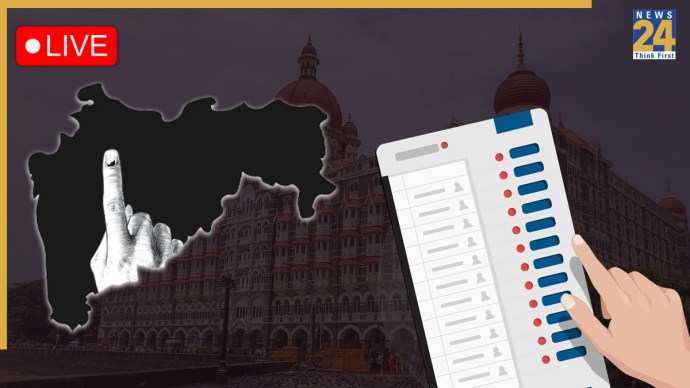
-
22:20 (IST) 21 Dec 2025
Maharashtra Local Body Election Results 2025 LIVE Updates: Maharashtra Municipal Council / Nagar Panchayat Mayor Final Results
SHORTS
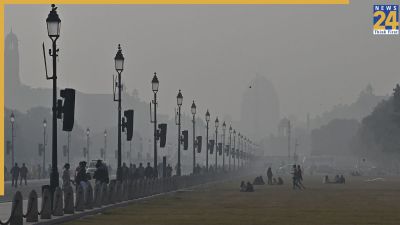
India
View All Shorts
---Advertisement---
Trending
Nostradamus horrific predictions for 2026 go viral: World War 3, great swarm of bees, blood will…
Dec 20, 2025 11:34 PM IST
THIS is world’s longest train journey, covers 11,654 miles in 21 days, travels across 13 countries from…
Dec 20, 2025 11:26 AM IST
This city has India’s FIRST cinema hall, built 100 years ago, not Mumbai, Delhi, Hyderabad, but in…
Dec 20, 2025 09:15 AM IST
Runway turns into exam hall, 8,000 aspirants take home guard exam for just 187 posts | Watch video
Dec 20, 2025 12:14 AM IST
Mahindra Thar stuck on railway tracks in Dimapur, driver arrested; Netizens question reckless behaviour of Thar owners
Dec 19, 2025 01:06 AM IST
Pakistan EXPOSED again: Video of Dhurandhar song played during entry of politician Bilawal Bhutto goes viral, WATCH
Dec 18, 2025 03:50 PM IST
‘Maar kyun raha hai?’ Rapido driver attacks journalist with rod over…; WATCH viral video
Dec 18, 2025 11:11 AM IST
‘No snowfall, no vacations’: Is Delhi’s toxic air pushing people to hills? Viral X video shows massive traffic
Dec 17, 2025 03:16 PM IST

